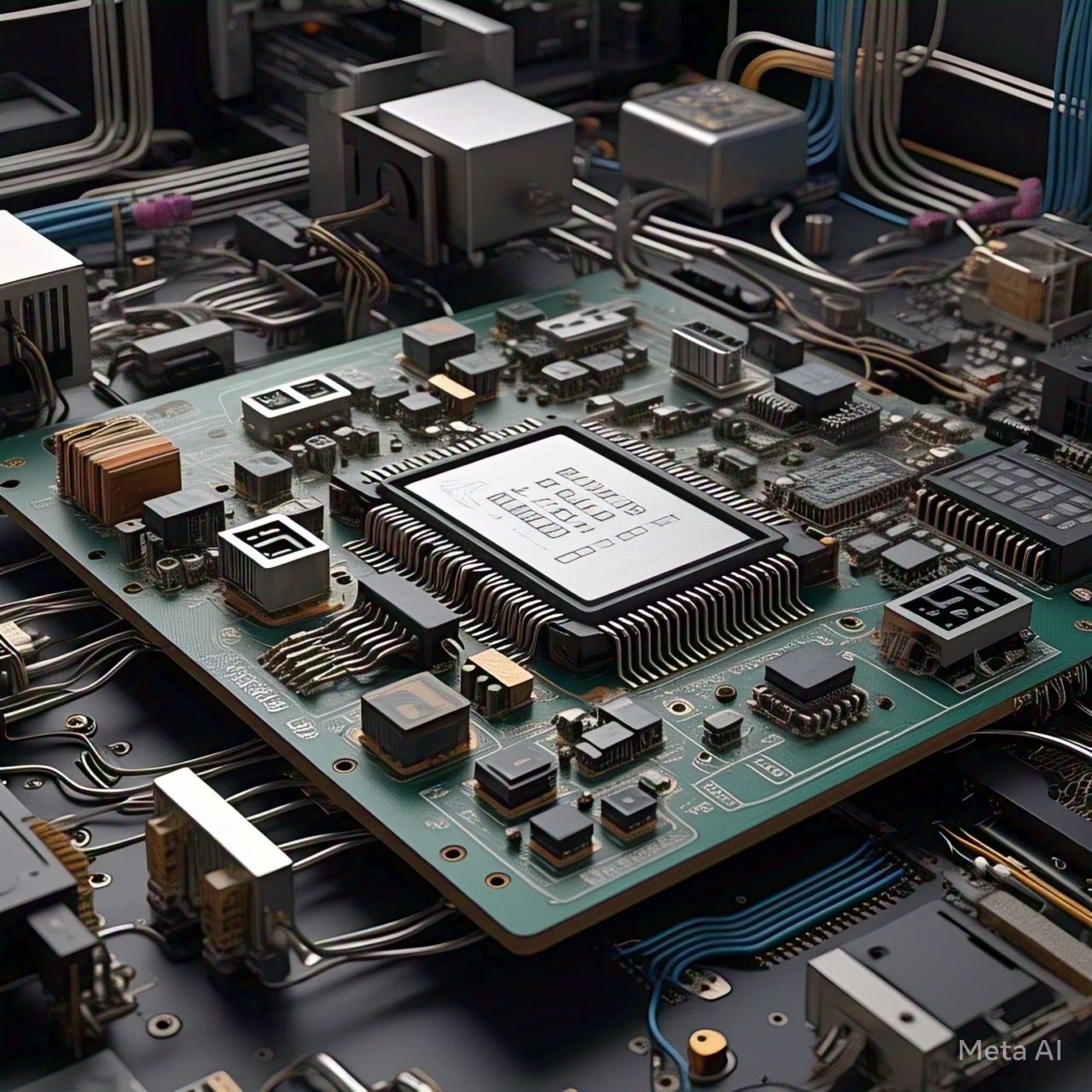Table of Contents
- Introduction
- What is Quantum Computing?
- How Does Quantum Computing Work?
- Key Principles of Quantum Computing
- Differences Between Classical and Quantum Computing
- Applications of Quantum Computing
- Challenges in Quantum Computing
- The Future of Quantum Computing
- Conclusion
- FAQs
1. Introduction
Quantum computing is poised to revolutionize the world of computing by solving problems that are beyond the reach of classical computers. Traditional computing relies on binary systems (0s and 1s), but quantum computing harnesses the power of quantum mechanics to process information in entirely new ways. This article explores the fundamental principles, applications, challenges, and future of quantum computing.
2. What is Quantum Computing?
Quantum computing is a field of computing that leverages the principles of quantum mechanics to perform complex calculations at unprecedented speeds. Unlike classical computers, which use bits to represent data, quantum computers use quantum bits (qubits) that can exist in multiple states simultaneously.
Key Characteristics of Quantum Computing:
- Superposition: Qubits can represent both 0 and 1 at the same time.
- Entanglement: Qubits can be linked, allowing instant data exchange regardless of distance.
- Quantum Interference: Helps refine calculations by eliminating incorrect paths.
3. How Does Quantum Computing Work?
Quantum computers process information differently than classical computers by utilizing qubits and quantum gates. Unlike classical logic gates, quantum gates manipulate qubits through unique quantum operations such as superposition and entanglement.
Core Components of a Quantum Computer:
| Component | Function |
|---|---|
| Qubits | Fundamental units of quantum information |
| Quantum Gates | Perform operations on qubits |
| Quantum Circuits | Sequences of quantum gates that execute algorithms |
| Quantum Decoherence | The loss of quantum information due to environmental interactions |
| Quantum Error Correction | Techniques to mitigate computation errors |
4. Key Principles of Quantum Computing
Quantum computing operates based on several fundamental principles of quantum mechanics:
1. Superposition
Unlike classical bits that are either 0 or 1, qubits can exist in multiple states simultaneously, allowing quantum computers to perform multiple calculations at once.
2. Entanglement
Qubits can be entangled, meaning that the state of one qubit is instantly correlated with another, regardless of distance. This enables highly efficient data processing and secure communication.
3. Quantum Interference
Quantum computers utilize interference to amplify correct solutions while canceling out incorrect ones, improving computational accuracy.
5. Differences Between Classical and Quantum Computing
| Feature | Classical Computing | Quantum Computing |
| Data Units | Bits (0 or 1) | Qubits (0, 1, or both) |
| Processing Power | Sequential calculations | Parallel calculations |
| Speed | Limited by Moore’s Law | Exponential speed increase |
| Memory Requirements | High for complex problems | Lower due to qubit efficiency |
| Applications | General computing, AI, graphics | Cryptography, simulations, AI advancements |
Quantum computers outperform classical computers in solving problems related to optimization, cryptography, and complex simulations.
6. Applications of Quantum Computing
Quantum computing has the potential to transform various industries:
1. Cryptography and Cybersecurity
Quantum computing can break traditional encryption algorithms but also enable new, unbreakable quantum cryptographic methods like Quantum Key Distribution (QKD).
2. Drug Discovery and Healthcare
Pharmaceutical companies use quantum simulations to analyze molecular interactions and accelerate drug development.
3. Financial Modeling
Quantum algorithms enhance risk analysis, fraud detection, and portfolio optimization in the financial sector.
4. Artificial Intelligence (AI) and Machine Learning
Quantum computing speeds up AI training models by processing vast datasets more efficiently.
5. Materials Science
Quantum simulations help design new materials with unique properties, revolutionizing industries like energy and manufacturing.
6. Climate Modeling
Quantum computers improve climate simulations, helping scientists predict and mitigate climate change.
7. Challenges in Quantum Computing
Despite its potential, quantum computing faces several challenges:
1. Hardware Limitations
Building stable qubits is difficult due to quantum decoherence and noise interference.
2. Error Correction
Quantum computers require complex error correction techniques to maintain accuracy.
3. High Costs
Developing quantum hardware is expensive due to the need for advanced cooling and infrastructure.
4. Scalability Issues
Quantum systems are challenging to scale due to instability in qubit states.
5. Lack of Standardization
Quantum programming languages and frameworks are still evolving, making widespread adoption slow.
8. The Future of Quantum Computing
The future of quantum computing is promising, with ongoing research and advancements in quantum hardware, algorithms, and applications.
1. Quantum Supremacy
Tech giants like Google and IBM are working toward achieving quantum supremacy, where quantum computers outperform the best classical supercomputers.
2. Quantum Cloud Computing
Companies like Amazon and Microsoft offer Quantum-as-a-Service (QaaS), making quantum computing accessible via the cloud.
3. Hybrid Quantum-Classical Systems
Integrating quantum computing with classical systems will enhance computational efficiency in real-world applications.
4. Advancements in Qubit Stability
New materials and cooling techniques will improve qubit stability, leading to more reliable quantum systems.
5. Broader Industry Adoption
Industries such as pharmaceuticals, finance, and logistics will increasingly integrate quantum computing to solve complex problems.
9. Conclusion
Quantum computing is set to break the limits of classical computing by offering unparalleled processing power for complex problems. While challenges remain, ongoing advancements in quantum technology are paving the way for a future where quantum computing transforms industries, enhances AI, and revolutionizes encryption. The journey toward practical quantum computing is still in progress, but its potential impact is undeniable.
10. FAQs
1. What makes quantum computing different from classical computing?
Quantum computing uses qubits that can exist in multiple states simultaneously, enabling parallel processing, whereas classical computing relies on binary bits (0s and 1s).
2. What are qubits, and why are they important?
Qubits are the fundamental units of quantum information, capable of existing in superposition, entangling with other qubits, and performing complex calculations faster than classical bits.
3. When will quantum computers become mainstream?
While significant progress is being made, quantum computers are still in the experimental phase. Experts predict practical applications within the next 10-20 years.
4. How can quantum computing impact cybersecurity?
Quantum computers can break classical encryption but also introduce new quantum encryption techniques, such as Quantum Key Distribution (QKD), which offer ultra-secure communication.
5. What industries will benefit most from quantum computing?
Industries such as finance, healthcare, AI, logistics, and materials science will benefit from quantum computing’s ability to solve complex optimization and simulation problems.




